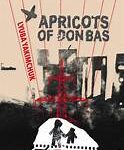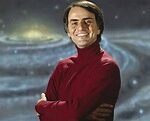Doggone Heartache
Hello, All Readers and Fans of my dog Jimmy Lambchop’s blog, which appears in my monthly newsletter.
It is with deep sorrow I report that the love of my life, my poodle-bichon sweetie Jimmy Lambchop, passed away yesterday.
He fought hard but couldn’t overcome complications from his major, emergency surgery that took place on March 10.
I gladly inherited Jimmy from my mom in March of 2016, shortly before her death. Coincidentally, today is the six anniversary of her passing. (When it rains, it pours.)
Mom had Jimmy for three and one-half years before he became my little boy. He had been left on the porch of a doggie daycare center as a puppy, so they named him “Porch” (ugh!). That facility kept him for almost one year before giving him to Second Chance Rescue to offer for adoption. That’s how my mother found him in 2012. She named him Jimmy. I added Lambchop when he started owning me.
His unconditional love, prancing and cute head wags when he wanted a walk, sweet disposition that made everyone near and far fall in love with him, gleefully tossing his toys over his head, eating every meal with gusto, face-lick kisses given generously, and cheerleading my writing from behind me on the bed have forever endeared him to me. My broken heart will wear his paw prints all over it until the end of my life.
Jimmy, my precious one, thanks for being my boy for six years and two days. They were the best years and days of my life. I can only hope they were among the best for you, too.
R.I.P. Jimmy Lambchop October 3, 2011 – March 23, 2022

 Hello, All Readers and Dog Lovers,
Hello, All Readers and Dog Lovers,








